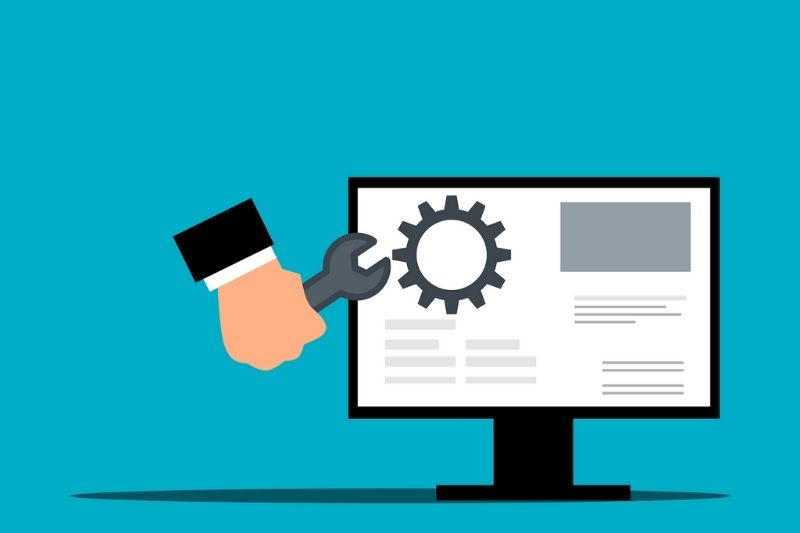No products in the cart.
Knowing the Basics of ERP Software Before Picking One

Business automation has become a necessity rather than an option to remain competitive in today’s market. With that in mind, the right Enterprise Resource Planning (ERP) software integrates an organization’s automated processes to manage them in one space. Knowing the basics of ERP software ensures management selects the right one to streamline operations and improve efficiency.
What is ERP Software?
Before picking an ERP software, team members must understand its potential. ERP software increases business productivity with a set of modules suitable to bring automation and operations together seamlessly. As a result, the first step to success is understanding the company’s functions to find the correct modules to bring it all together.
Why Do Businesses Need ERP Systems?
Data centralization creates a hub for superior workflow management and tracking. In addition, reporting and recording information is easy and accessible to all approved departments and users. With updated data at their fingertips, the team makes better decisions with greater visibility to eliminate errors associated with manual processes. For example, manual processes are subject to human error and take far more time than automation. An ERP system brings everything together to support real-time reporting and collaboration between departments.
How Do You Implement an ERP System?
It is crucial to work with an experienced partner when implementing an ERP system. Understanding how the system works and integrates into current operations helps management save time and money. Many systems provide training options and automatic updates to keep operations moving forward with minimal interruptions. As a result, team members work together in a tech-driven environment with management, departments, and back-office functions accessible through singular automation.
What Are the Benefits of an ERP System?
Making a software investment means substantiating its value to the organization. Fortunately, there are many measurable benefits of implementing an ERP system. Companies gain access to business data and reporting in real-time to make crucial decisions when they matter most. This option is essential in a post-pandemic business where suppliers and prices constantly change, requiring split-second decisions to stay productive and profitable.
Is There an ROI for Implementing ERP Software?
Companies often realize an immediate ROI for implementing ERP software to bring business functions together. When the team members communicate effectively, everyone gains access to pertinent data to support better decisions. Plus, cloud automation provides a secure environment for remote workers to perform their jobs from any device and location. As a result, everyone remains productive regardless of location or device. In addition, the company stays working without unwanted interruptions from traveling to working at home.
Get Everyone On Board
Finally, getting everyone on board with ERP software through education, training, and collaboration is critical. When the team members discover how work is more accessible, they will immediately adopt new technologies. As a result, many departments find they work more efficiently using the right software, enabling them to focus on money-saving tasks and opportunities to make the company more money.
Investing in software and automation is intelligent to ensure a company remains competitive in changing times. With ERP software, companies bring automation and functions together for a collaborative environment where everyone can access critical information to make crucial decisions. In an evolving business world, ERP systems have become necessary to remain productive, competitive, and stay ahead of the curve.















Leave a Reply